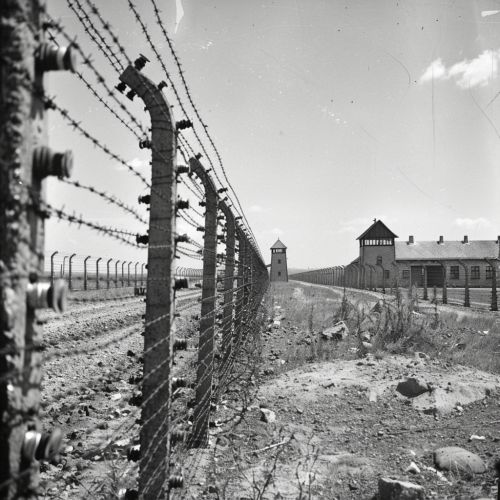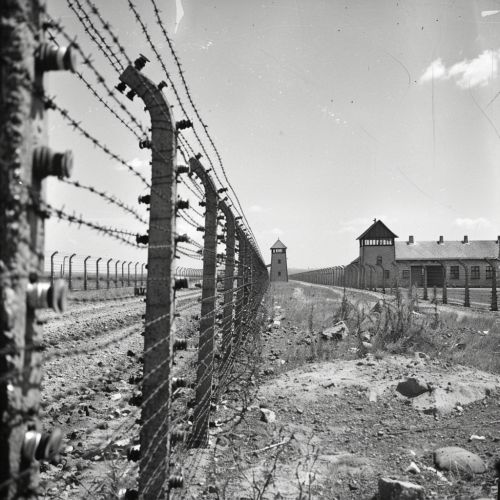War crimes in World War II
War Crimes in World War II
World War II was marked by widespread atrocities and war crimes committed by both the Axis and Allied powers. These crimes included genocide, mass murder, forced labor, human experimentation, and other violations of the laws and customs of war. This article provides a comprehensive and detailed examination of the various war crimes committed during World War II, their perpetrators, and their impact on international law and human rights.
Definition and Legal Framework
War crimes are serious violations of the laws and customs of war as defined by international treaties and customary international law. The Geneva Conventions and the Hague Conventions are the primary legal instruments that outline the rules of war and the protections afforded to non-combatants and prisoners of war. During World War II, these conventions were often disregarded, leading to widespread atrocities.
Axis Powers
Nazi Germany
Nazi Germany, under the leadership of Adolf Hitler, committed some of the most heinous war crimes in history. The Holocaust, the systematic genocide of six million Jews, is the most infamous of these crimes. Other victims included Romani people, disabled individuals, political dissidents, and other minority groups.


Concentration Camps
Nazi Germany established a network of concentration camps where millions of people were subjected to forced labor, starvation, and execution. The most notorious of these camps was Auschwitz-Birkenau, where over a million people were murdered. Other significant camps included Treblinka, Sobibor, and Bergen-Belsen.
Human Experimentation
Nazi doctors conducted inhumane medical experiments on prisoners in concentration camps. Josef Mengele, known as the "Angel of Death," performed brutal experiments at Auschwitz, including twin studies and exposure to extreme conditions. These experiments often resulted in death or permanent disability for the victims.
Imperial Japan
Imperial Japan also committed numerous war crimes, particularly in China and other occupied territories in Asia. The Nanking Massacre, also known as the Rape of Nanking, saw the mass murder and rape of hundreds of thousands of Chinese civilians by Japanese soldiers.
Unit 731
Unit 731 was a covert biological and chemical warfare research and development unit of the Imperial Japanese Army. Located in Harbin, China, Unit 731 conducted lethal human experimentation, including vivisection, biological weapon testing, and exposure to extreme temperatures. Thousands of Chinese, Korean, and Allied prisoners of war were subjected to these experiments.
Forced Labor
The Japanese military forced millions of civilians and prisoners of war to work in harsh conditions in mines, factories, and construction projects. The Burma Railway, also known as the Death Railway, was built using forced labor, resulting in the deaths of tens of thousands of laborers due to malnutrition, disease, and abuse.
Allied Powers
While the Allied powers are often seen as the liberators in World War II, they were not without their own war crimes. These included the indiscriminate bombing of civilian populations and the mistreatment of prisoners of war.
Soviet Union
The Soviet Union committed numerous atrocities during and after the war. The Katyn Massacre involved the execution of over 20,000 Polish officers and intellectuals by the Soviet secret police. Additionally, Soviet troops were responsible for widespread rape and looting in occupied territories, particularly in Germany.
United States and United Kingdom
The Allied bombing of Dresden in February 1945 resulted in the destruction of the city and the deaths of an estimated 25,000 civilians. The use of atomic bombs on Hiroshima and Nagasaki by the United States remains a controversial topic, with debates over whether it constituted a war crime due to the massive civilian casualties.
Post-War Trials and Accountability
The end of World War II saw the establishment of the Nuremberg Trials and the Tokyo Trials to hold Axis leaders accountable for their war crimes. These trials set important precedents for international law and the prosecution of war crimes.
Nuremberg Trials
The Nuremberg Trials were a series of military tribunals held to prosecute prominent leaders of Nazi Germany. Charges included crimes against humanity, war crimes, and genocide. The trials resulted in the conviction and execution of several high-ranking Nazi officials.
Tokyo Trials
The Tokyo Trials, also known as the International Military Tribunal for the Far East, prosecuted Japanese leaders for war crimes, crimes against humanity, and crimes against peace. Several Japanese officials were sentenced to death or imprisonment.
Impact on International Law
The atrocities of World War II led to significant developments in international law. The Genocide Convention and the establishment of the International Criminal Court (ICC) were direct responses to the war crimes committed during the conflict. These legal instruments aim to prevent future atrocities and ensure accountability for perpetrators.
Conclusion
War crimes in World War II had a profound impact on the development of international law and human rights. The widespread atrocities committed by both the Axis and Allied powers highlighted the need for robust legal frameworks to prevent and punish such crimes. The legacy of these crimes continues to shape international relations and the pursuit of justice for victims of war.
